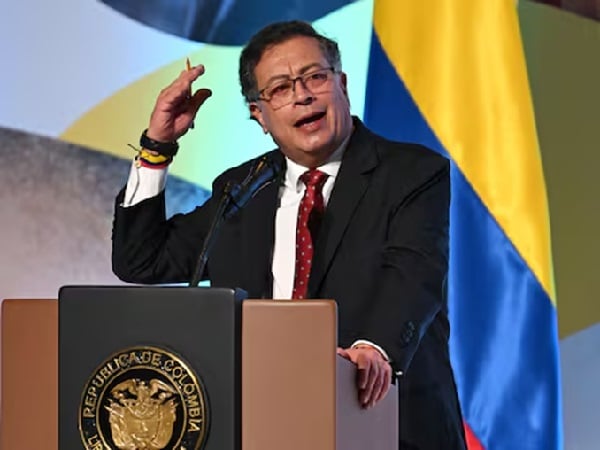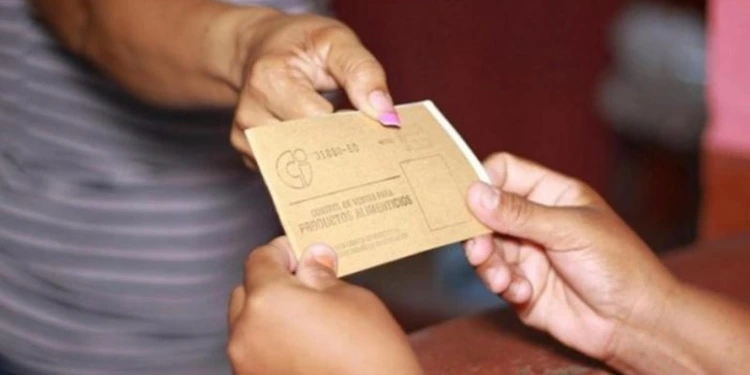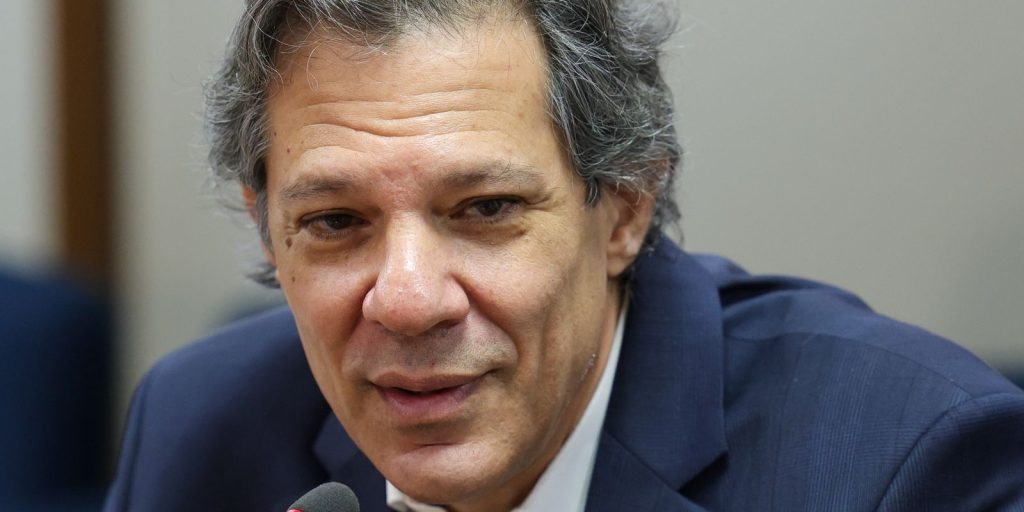A figure contemplated in the Colombian Constitution.
News Colombia.
The president of Colombia, Gustavo Petro, declared the state of interior shock on Monday, January 20, 2025, in response to the escalation of violence in the Catatumbo region, located in the department of Norte de Santander, border with Venezuela. This decision occurred after intense clashes between the National Liberation Army (ELN) and the dissidents of the extinct revolutionary armed forces of Colombia (FARC), which have left a tragic balance of at least 60 dead and more than 18,000 displaced people, according to UN reports. 
See: Crisis in the Catatumbo: Government would decree interior shock without economic emergency this Wednesday
The State of Interior shock, contemplated in article 213 of the Political Constitution of Colombia, is an exceptional measure that allows the President to take special actions to restore public order when it is severely altered and ordinary authorities are not enough to control it. During its validity, which can be extended for up to 90 days with the possibility of extensions, the Executive is empowered to issue decrees with force of law without the need for approval of the Congress, although these must be reviewed later by the Constitutional Court.
The declaration of this state of exception implies that the Government can implement measures such as mobility restrictions, limitations to meetings and manifestations, and preventive arrests, among others, in order to guarantee security and order in affected areas. However, these actions must respect human rights and fundamental freedoms, in accordance with the limits established by the Constitution and International Humanitarian Law.
What does article 12 of the Colombia Constitution say
«In case of serious disturbance of public order that imminently attempts against institutional stability, state security, or citizen coexistence, and that cannot be conjured through the use of the ordinary powers of the police authorities, the president of the Republic, with the signing of all ministers, may declare the state of internal shock, throughout the Republic or part of it, for the end of not greater than ninety days, extendable up to two equal periods, the second of which requires Prior and favorable concept of the Senate of the Republic. Through such a statement, the Government will have the strictly necessary powers to conjure the causes of disturbance and prevent the extension of its effects. The legislative decrees dictated by the Government may suspend laws incompatible with the state of shock and will cease to govern as soon as public order is declared. The Government may extend its validity for up to ninety more days. Within the three days of the declaration or extension of the state of shock, the Congress will meet in its own right, with the fullness of its constitutional and legal powers. The president will immediately pass a motivated report on the reasons that determined the declaration. In no case may civilians be investigated or judged by the Military Criminal Justice ».
Displaced by violence in the catatumbo
The crisis in the Catatumbo has generated a humanitarian emergency of great magnitude. In addition to fatal victims and mass displacements, it is reported that more than 46,000 children have been left without access to education due to the closure of schools in the region. Local communities, including indigenous populations, have suffered confinements and violations of their fundamental rights amid armed clashes. 
In response to the situation, President Petro has ordered the deployment of 300 additional soldiers in the Catatumbo area to reinforce security and protect the civilian population. He has also suspended peace dialogues with the ELN, noting that this group has opted for the route of armed confrontation. The president has stated that the ELN “will have war” if he persists in his violent actions, evidencing a change in the government strategy against this insurgent group. 
The implementation of the internal shock status seeks to grant the government the necessary tools to deal with the safety crisis in the Catatumbo. However, this measure has generated debates about its implications in human rights and civil freedoms. Human Rights Defender Organizations have expressed concern about possible excesses in the application of these extraordinary powers and have urged the Government to ensure that the actions undertaken are framed in respect for constitutional guarantees and international commitments on human rights.
It may interest you:
















